This website uses cookies to ensure you get the best experience on our website. Terms of Use.
Accept CookiesFor better user experience, please use another browser.
Lac Sofia, Ramsar Site, Wetland of International Importance, 555624846
Madagascar is a global conservation priority due to its high level of species endemism and the magnitude of threats to its biodiversity. Extreme poverty, exacerbated by rapid population growth and climate change, are accelerating environmental degradation. Since 1960, over 60% of Madagascar’s wetlands are estimated to have been lost. Those remaining are subject to an array of pervasive threats including sedimentation, pollution and overharvesting. The Lake Sofia catchment in north western Madagascar is home to a wealth of threatened biodiversity and supports the livelihoods of some 10,000 local people, who rely heavily on the natural resources and ecosystem services provided by the lake. Unsustainable farming practices, burning of land for cattle grazing, and the over harvesting of natural resources have severely degraded the lake. These challenges are compounded by the site’s vulnerability to extreme weather events, which are predicted to increase in number and severity over the coming years. The responsibility for the management of the lake has been transferred to local communities, with nine community structures in place across the catchment, all working together under a Watershed Management Group. These new structures are laying the foundations for a sustainable community led management system for the Lake Sofia catchment, but they require further support to enable them to operate independently in the future. Lake Sofia is one of twenty Ramsar Sites in Madagascar. Few have Ramsar Site Management Plans and conservation managers have little support to generate information on the condition of, and threats to, their sites. An effective, standardised approach for assessing the management effectiveness of protected wetlands is required in order to generate a baseline for the national comparison of sites and help monitor conservation progress and changes to threats. A National Ramsar Committee (CONARAMS) does exist in Madagascar but has no funding nor a plan of action, so it has been effectively dormant for several years. This has resulted in missed opportunities to influence decisions around planning and regulatory frameworks around wetland systems. A strong and well organised committee is essential for ensuring vitally important wetland systems are represented in the future.
The project aims at enhancing biodiversity, livelihoods and climate change resilience through improved management of protected wetlands in Madagascar. More specifically, the first objective is to strengthen the capacity of community associations to implement an agreed community based management plan at the Lake Sofia Ramsar Site and surrounding catchment, tackling the highest ranking threats of over harvesting of natural resources, habitat clearing through over burning, and water extraction and pollution from unsustainable agriculture. The second objective is to build capacity within Ramsar Site managers and the National Ramsar Committee (CONARAMS), providing a baseline of conservation management effectiveness through diagnostic tools (notably Ramsar Management Effectiveness Tracking Tools/ METTs) which informs a consolidated CONARAMS action plan and training and support for Ramsar Site Managers to plan for long term climate resilient management.
The project will improve biodiversity habitat and provide more secure and resilient ecosystem services for 10,000 local people living in the Lake Sofia catchment, by strengthening the capacity of community associations to develop and implement a comprehensive community based management plan at site. The work at Lake Sofia will act as a showcase for improved management of wetland systems in Madagascar. The project will also empower a well organised National Ramsar Committee to promote sustainable use of wetland systems whilst supporting a better informed network of wetland managers to enhance the long term resilient management and governance of Ramsar Sites across the country.
Download the project infofiche.
Durrell Wildlife Conservation Trust (DWCT), Asity Madagascar (AM), Organisation de soutien pour le development rural a Madagascar (OSDRM)

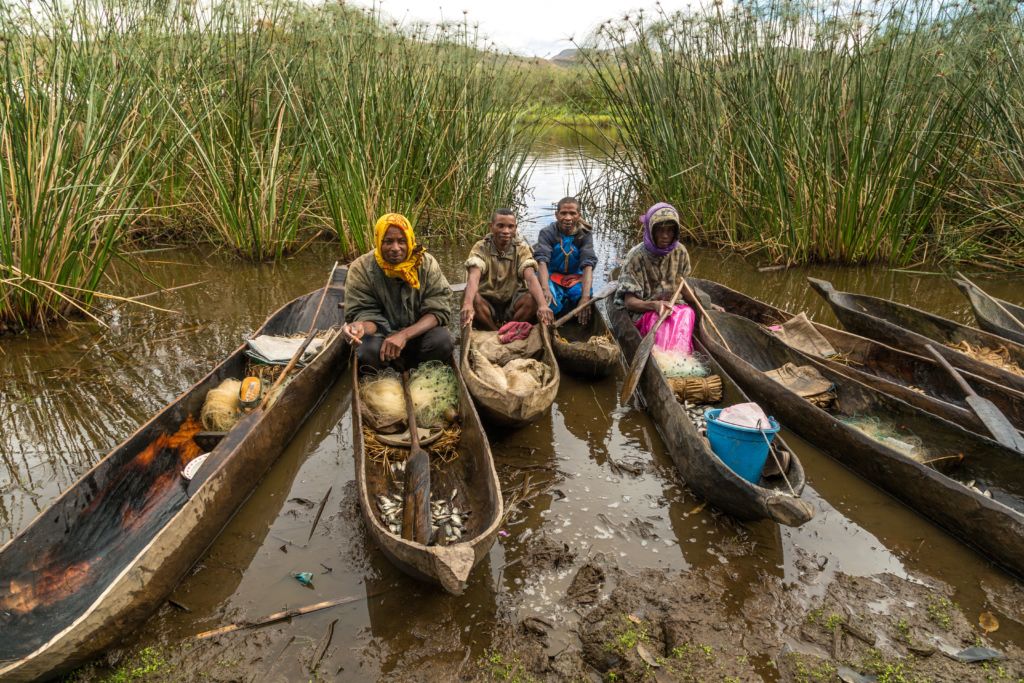

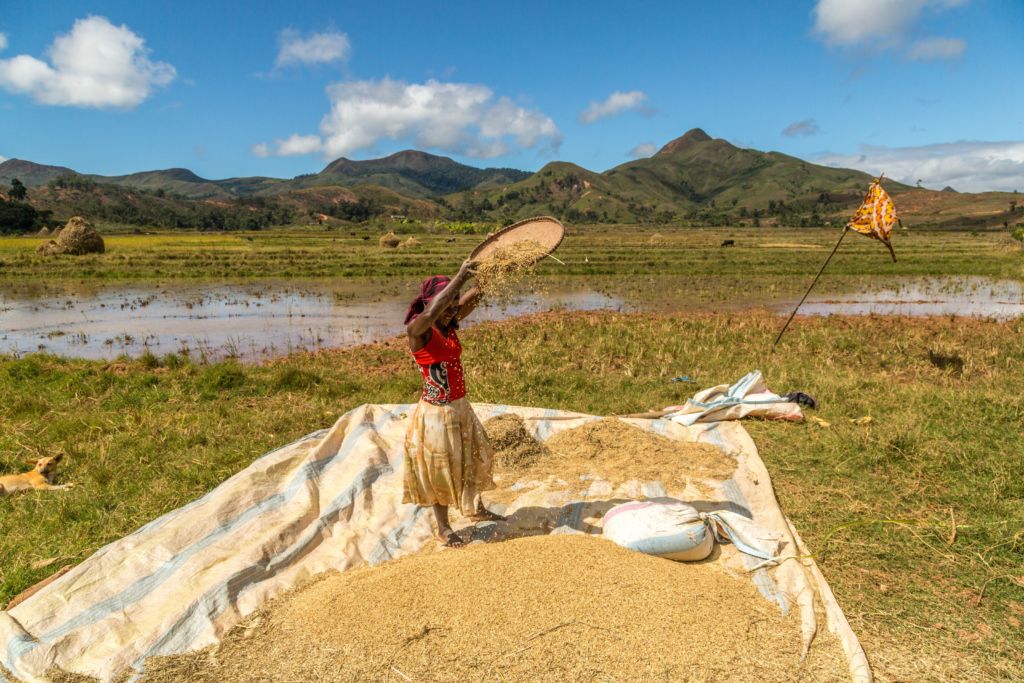
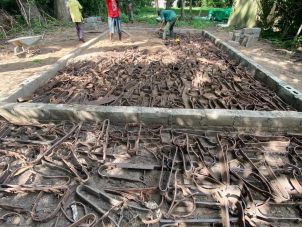
Southern Africa
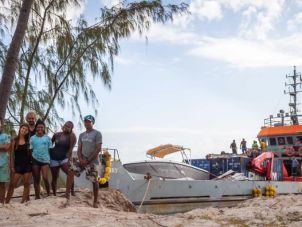 01 December 2020 - 31 May 2021
01 December 2020 - 31 May 2021
Southern Africa
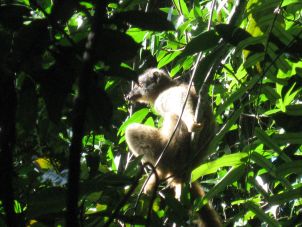 01 April 2021 – 31 March 2022
01 April 2021 – 31 March 2022
Southern Africa
 January 1, 2021 - June 30, 2021
January 1, 2021 - June 30, 2021
Southern Africa
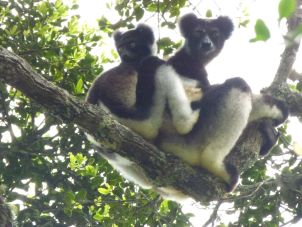 December 1, 2020 - November 30, 2021
December 1, 2020 - November 30, 2021
Southern Africa
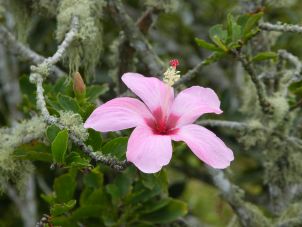 December 1, 2020 - November 30, 2021
December 1, 2020 - November 30, 2021
Southern Africa
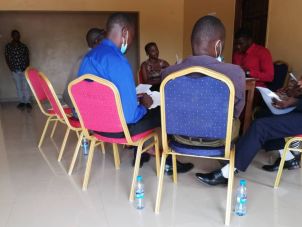 November 1, 2020 - April 30, 2023
November 1, 2020 - April 30, 2023
Southern Africa
Southern Africa
